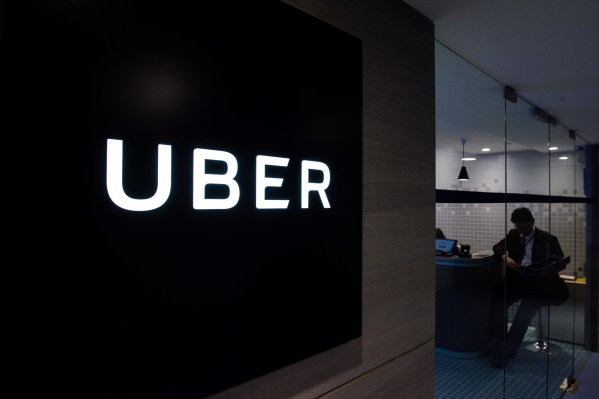Uber has struck a major deal in Southeast Asia after ComfortDelGro, Singapore’s largest taxi operator, announced [PDF] it has agreed to buy a majority share of the ride-hailing giant’s Singapore-based car rental business.
The deal will see a joint venture valued at SG$642 million (US$474 million) established to run Uber’s Lion City Rentals subsidiary in Singapore. Comfort will spend SG$295 million to buy 51 percent in what is the largest investment outlay in its forty-plus-year history.
The deal is subject to regulatory approval, but if and when completed it will give Uber exclusive access to Comfort’s fleet of more than 15,000 vehicles in Singapore. That would more than double Uber’s driver numbers in Singapore. While its fleet has decreased over the past year, Comfort — which also operates the CityCab brand — has a dominant share of Singapore’s total of 25,325 taxis.
“ComfortDelGro has been in the taxi business for close to five decades and we have seen the industry evolve significantly. Despite the many changes that have taken place, taxis have remained a relevant option for people get around the city. The question many have been asking is: For how long?” ComfortDelGro Chairman Lim Jit Poh said in a statement.
“We are confident that taxis will be around for a long time to come. But we are also aware
that the personalised mobility business is a very different one now. By working
together, we feel that we will be able to unleash a lot of synergy which will benefit
consumers and drivers alike,” he added.
Uber and Grab compete across seven markets in Southeast Asia, while in Indonesia — Southeast Asia’s largest economy — both are widely thought to be trailing local player Go-Jek, which has grown to command a $1.2 billion valuation from investors like Tencent.
Overall, Grab claims two million drivers and more than 70 million app downloads. Uber doesn’t disclose figures for Southeast Asia, but it previously said that Asia Pacific as a whole represents over 20 percent of its global trip volume. The region, it added, has nearly 629,000 active drivers, which it said is over 25 percent of its global driver network. Uber crossed five billion rides worldwide at the end of June 2017, while Grab reached one billion last month.
With a population of around five million, Singapore represents a small fraction of Southeast Asia’s 600-million-plus consumers but it is an important and symbolic hub for the region.
Comfort, which is listed on the Singapore Stock Exchange, announced it was in talks with Uber over a “potential strategic alliance” in August so the tie-in doesn’t come out of the blue. Following that disclosure, however, Uber’s fierce rival Grab began aggressively approaching Comfort drivers with the aim of converting them to its platform. Singapore-based Today suggested that as many as 2,000 drivers were considering jumping ship, but Grab’s efforts haven’t scuppered the deal itself.
“As has been reported by the media, both companies are downsizing their fleets and are playing catch up. Grab and our taxi partners have out-innovated them and are in a strong position to grow our fleets, while keeping vehicle rental costs low for driver-partners,” Grab said in a statement to TechCrunch.
The deal Comfort is part of a new focus on business development from Uber’s recently appointed Asia Pacific chief Brooks Entwistle. A former Chairman of Goldman Sachs Southeast Asia, Entwistle told TechCrunch in a recent interview that he is focused on doing deals with governments, taxi firms and other entities that would traditionally be more akin to foes than friends of Uber.
To that end, Uber has struck deals with taxi firms in Taiwan, it inked its first mobile wallet deal in Southeast Asia with Vietnam’s Momo, and it is looking into the potential to enter the bike sharing space, Entwistle said.
The Comfort deal is a major blow to Grab, which is estimated to have built a fleet of around 10,000 licensed drivers in Singapore thanks to partnerships with Singapore’s five other taxi operators and some Comfort drivers who joined independently. (Grab claims over 150,000 drivers across all ride categories in Singapore.)
Grab was originally founded in Malaysia but it now counts Singapore as its HQ. It raised $2 billion from SoftBank and China’s Didi Chuxing in July and, while reliable market data is hard to find, most observers believe the firm has edged ahead of Uber in overall marketshare across Southeast Asia.
If Uber can hunt down influential alliances like this deal with Comfort in the other six markets where it rivals Grab in Southeast Asia then the battle is likely to be even more competitive in the future. That’s important given that the region’s ride-sharing economy is tipped to grow five-fold to reach $13.1 billion in annual revenue and 29 million customers over the next decade.
Note: The original version of this article has been updated to include more information
